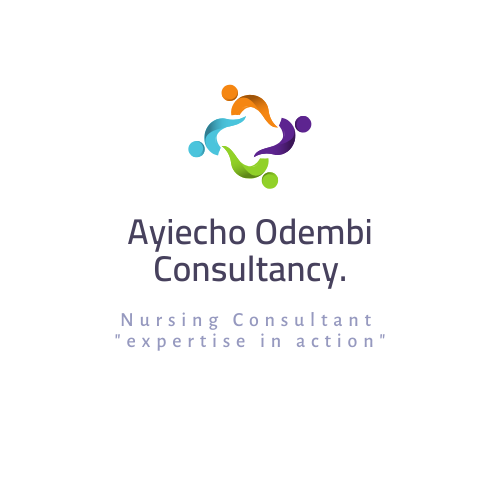Why you should take part in Our Future Health Research Programme.
‘I’m taking part because I want Black Women to be represented in health research’
I was recently featured on Our Future Health’s website as part of their Volunteer Stories, which is about why i chose to take part in the study. You can read the full story here: https://ourfuturehealth.org.uk/news/im-taking-part-because-i-want-black-women-to-be-represented-in-health-research/ and hopefully you will be inspired to take part yourself.
Research and US: Changing the narrative!
Using Research to Advocate for your Healthcare and Treatment.
Thanks to research, we now know that Black men, women and children and other people of colour are disproportionately affected by diseases such as cancer, high blood pressure, diabetes and women’s health just to name a few in comparison to their white counterparts. Research has laid bare the stark health inequalities that plague our communities, raising much needed awareness and prompting questions as to how these inequalities came about and how the gaps could be bridged if not closed!
For some reason, these pieces and articles of research are wielded out and about by the government and doctors surgeries when there are relevant campaigns that suit their current agendas at that particular time, like a window dressing of sorts or a way to gaslight the already disadvantaged that it is up to them, they need to take more care of their health so as not to end up as part of the statistics that are quoted in the research articles. “Get screened, recognise the signs and symptoms, tell your doctor if you feel that there is something wrong”- we have all had the above and the powers that be, are aware of these statistics and disparities, then why is it still so damned hard to get the treatment that one deserves, especially as a woman, a Black woman?
Let’s use uterine fibroids as an example, according to the NHS website (link at the end), fibroids develop more frequently in women of African-Caribbean descent, but it can takes years for them to access treatment with symptoms that include but are not limited to: heavy and or painful periods, abdominal pain, lower back pain, pain and or discomfort during sex, the increased urge to urinate and constipation. Black women, myself included, who have presented with the above list of symptoms at the G.P are more than often ignored or fobbed off despite research pointing to the high prevalence of uterine fibriods amongst Black women and this has led to prolonged unnecessary suffering with detrimental effects on Black women’s health and wellbeing.
Using knowledge and research to advocate for one's health and treatment is definitely a form of self-care, i have come to realise. It may mean that you get labelled as a ‘problem patient’ because of how hard to may have to fight to get the treatment you deserve( we are hopeful that somewhere down the long line, this fighting for appropriate treatment, will no longer be necessary, but until then, be battle ready!).
So gather as well as note down:
all your symptoms, start dates, what makes them worse or better
how many times if any you have sort medical advice and what was said/recommended, what remedies, medication you have tried/used
any family history/ family member who has or had same symptoms
What information/research is out there as pertains to your symptoms especially as a Black man/woman or child
what treatment/management plans are out there/recommended and which ones are specifically/ proven or shown to work for or on Black people
G.P appointments are notoriously short and the planning above helps make those allocated ten minutes count. Take someone with you if you can and most important of all, always ask for a differential diagnosis and management plan, that way you start a conversation around ‘if it is not what i know it is then what else do you think it could be and how do we( you and the doctor) tackle it’?
It is great that there are a lot of articles both research and lived experiences about health inequalities in relation to Black and other minorities as well as specifically ones on Black Women and while much still needs to be done, like increasing diversity in terms of more Black people and women in research trials, we can still use what we currently have to help advocate for our health and treatment and in the process keep the focus on reducing and eventually eliminating all forms of health inequalities.
Further Reading:
NHS Website: https://www.nhs.uk/conditions/fibroids/
Huffington Post: https://www.huffingtonpost.co.uk/entry/what-are-fibroids-black-women-diagnosis_uk_618d0ec8e4b0b1aee92199ea
Refinery29: https://www.refinery29.com/en-gb/fibroids-symptoms-causes-treatment
Kings Fund Organisation: https://www.kingsfund.org.uk/publications/what-are-health-inequalities


